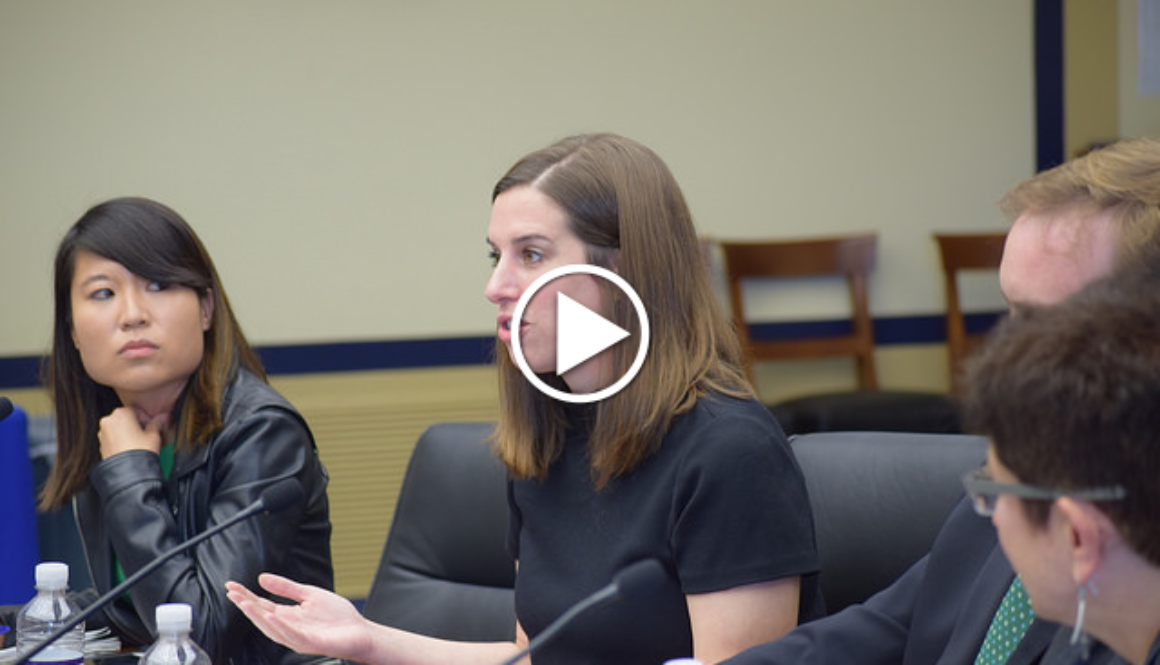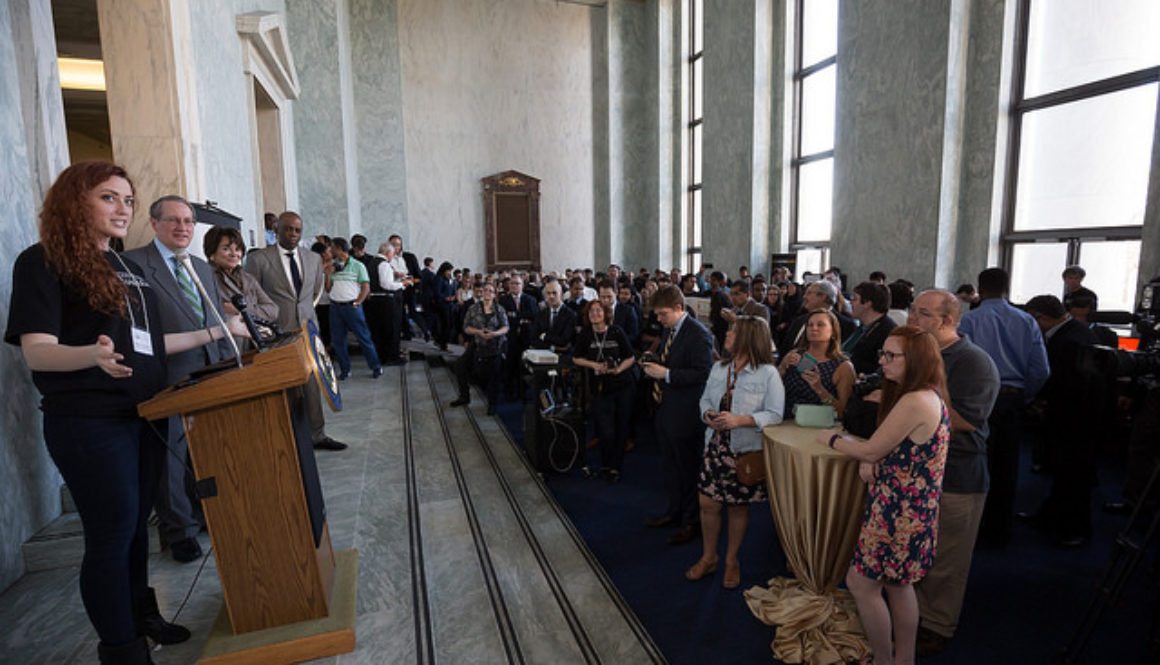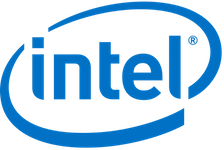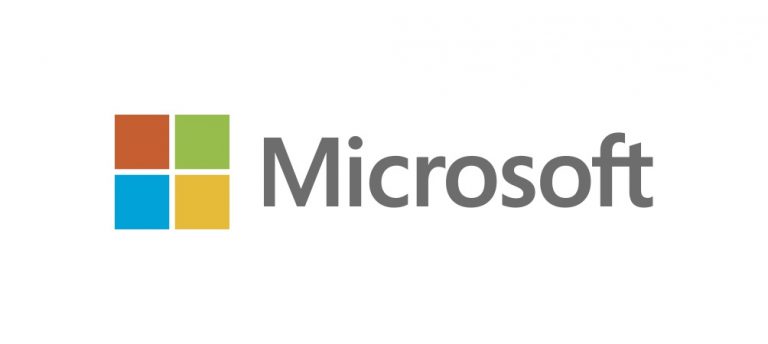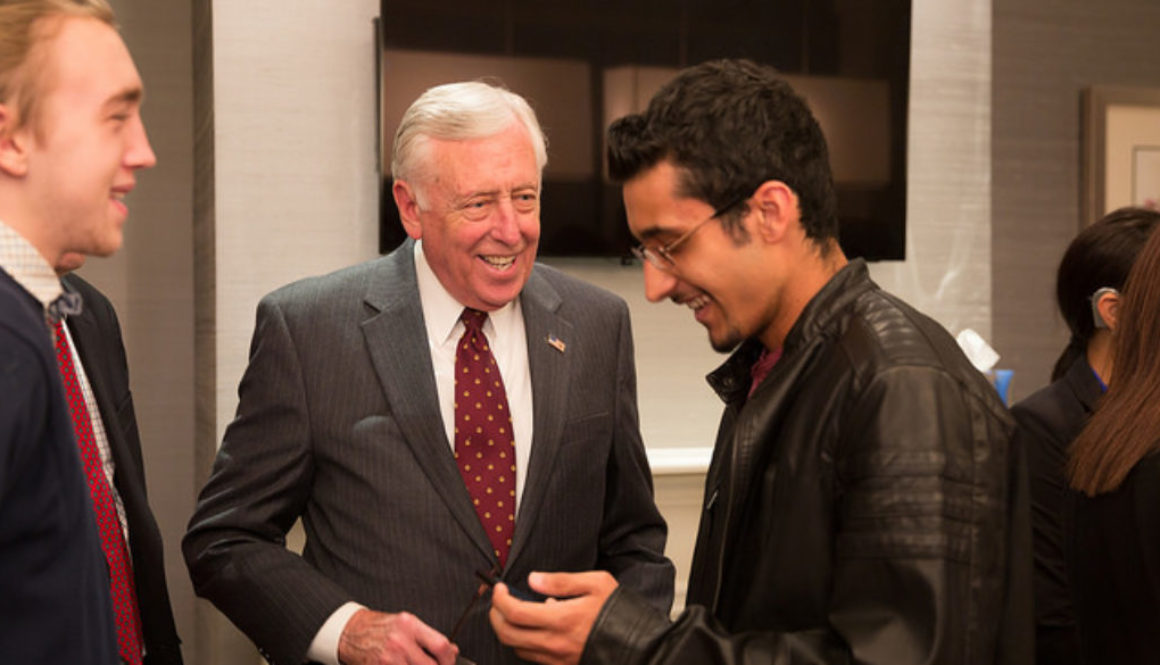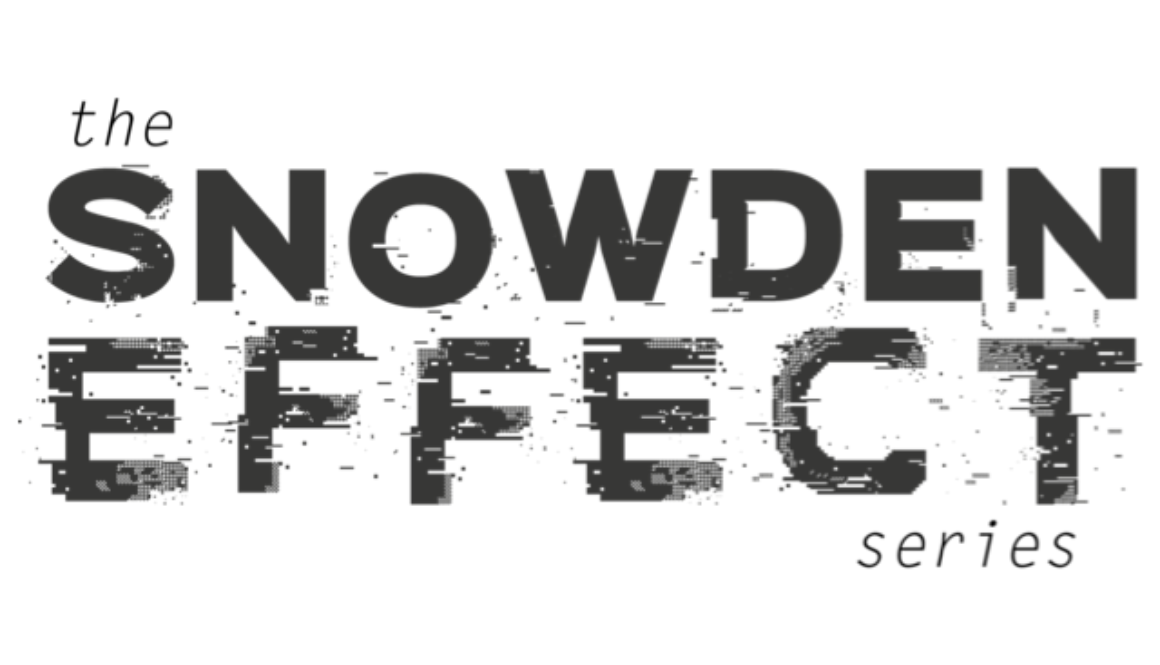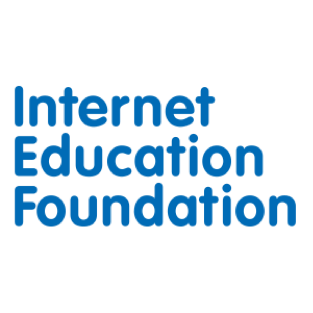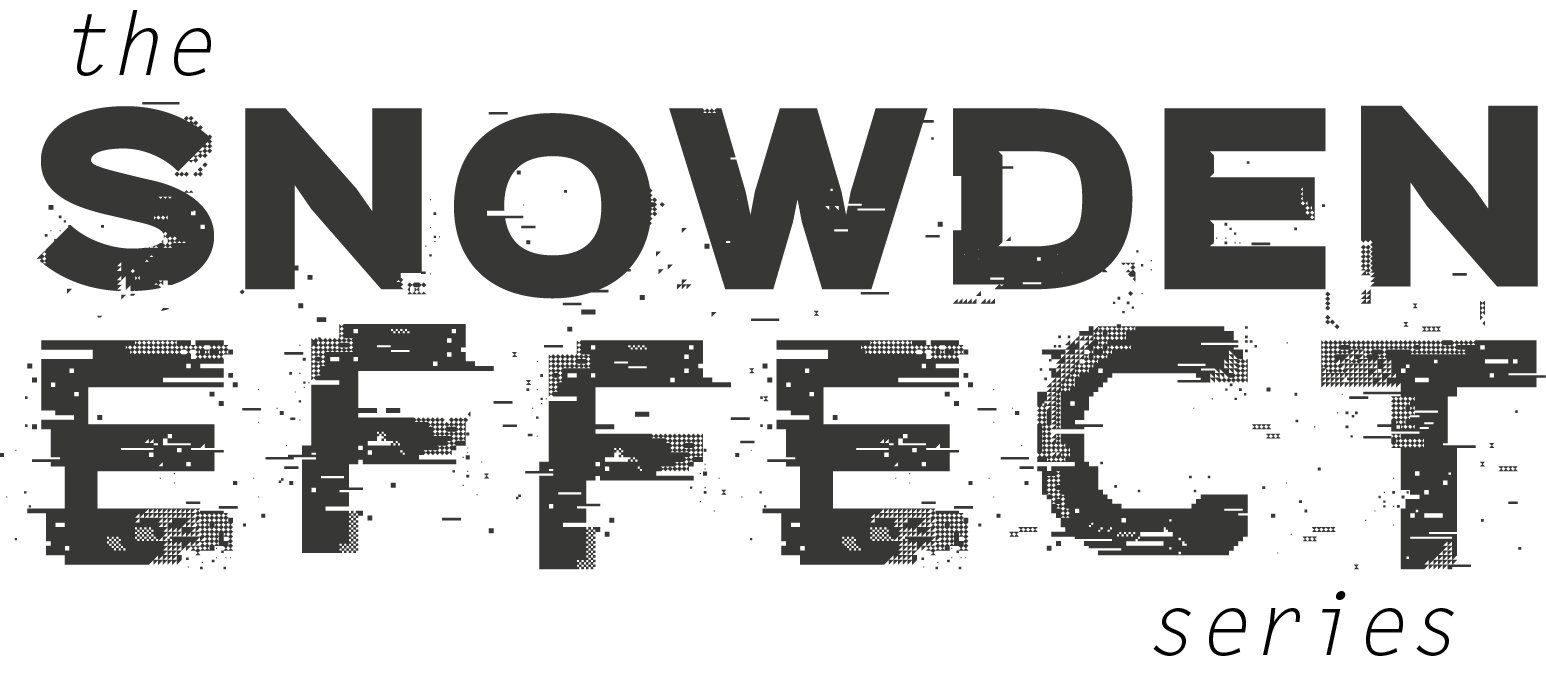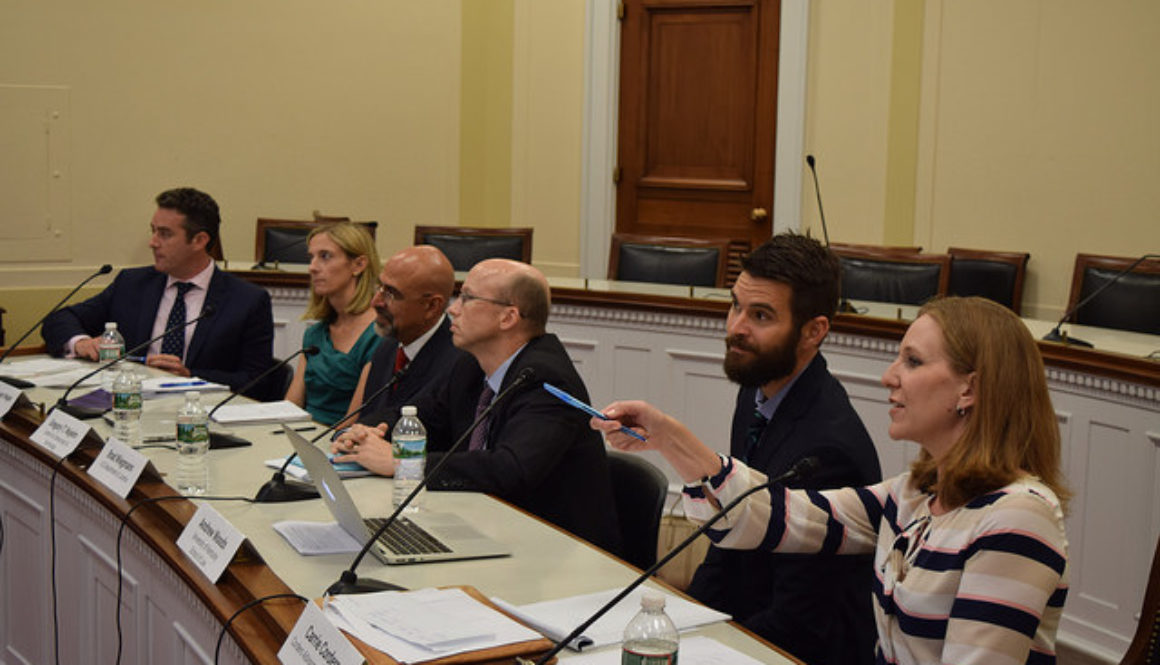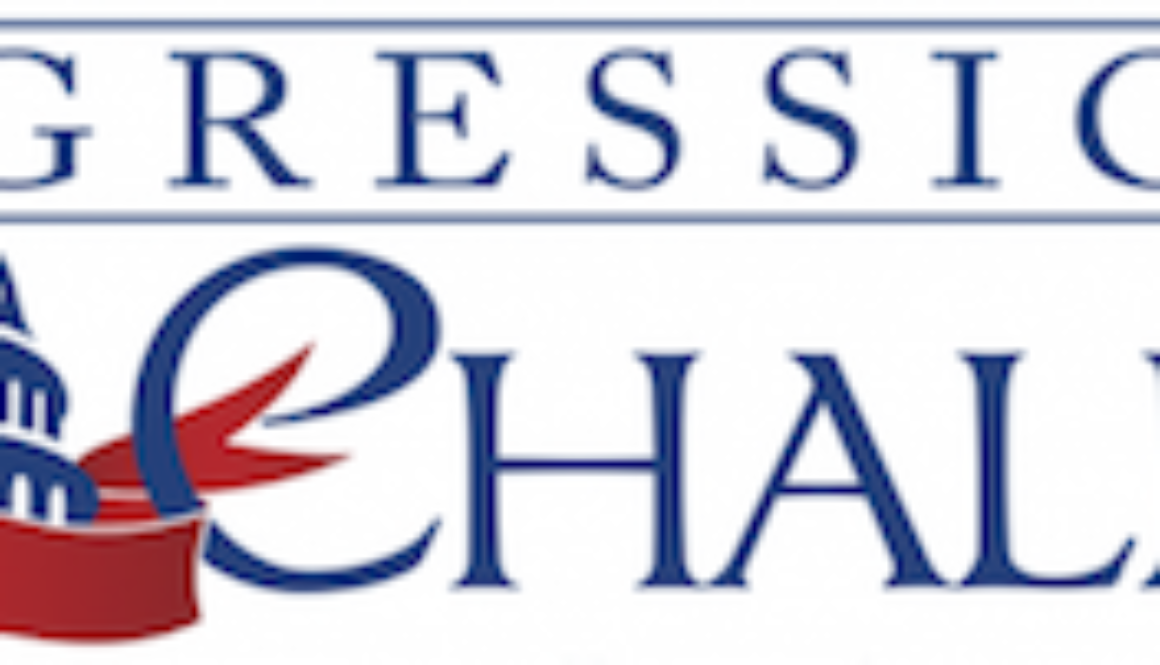MEDIA ADVISORY
March 28, 2017
Demo Day on the Hill Honors Congressional App Challenge Winners:
For one day, the House of Representatives becomes the #HouseOfCode
WASHINGTON, D.C.― From 4:30 – 7:30 PM on April 4, 2017, more than 120 Representatives and their 2016 Congressional App Challenge student winners will be honored at #HouseOfCode, a reception and demo day held in the Rayburn Foyer.
In 2016, 123 Members of Congress participated in the second annual Congressional App Challenge (CAC) and inspired over 2,100 students to compete in their coding competitions. Students from 33 states submitted 650 original apps, covering an incredible range of topics and purposes; they created apps to give guidance during medical emergencies, sign-language translators, political news, and more. The apps these students created reflect the creativity, imagination and talent tomorrow’s STEM workforce is capable of, when given opportunity and encouragement. The winning app from each district has been put on display in the Capitol’s Cannon Tunnel, and can also be found on house.gov and the Congressional App Challenge website (CongressionalAppChallenge.us).
The CAC has shown itself to be one of the most bipartisan efforts on the Hill, with Members of all political stripes hosting district-wide competitions to encourage their student constituents to learn how to code. These Members recognize how crucial coding skills are for America’s economic future and hosted the CAC to give their constituents an opportunity to take part in that future. Right now, there are over a half million unfilled computer jobs in the U.S. Even with average salaries of more than $100,000 per year, the number of roles requiring coding skills is growing much faster than the number of students learning them. By participating in the CAC, Members are personally taking steps to address that gap.
#HouseOfCode will honor the efforts of these Members and their winners. Nearly 100 students from across the country will travel to DC to participate and demo their work. Remarks will be given by several Members of Congress and the newly selected 2017 Congressional Co-chairs will be announced. Light refreshments will be served as the students demo their winning apps to their Representatives, congressional staff, and the community. This event is open to the public and the press.
WHAT: #HouseOfCode – Demo Day and Reception
WHEN: 4:30 – 7:30 PM, Tuesday, April 4
WHERE: Rayburn Foyer, Rayburn House Office Building
Welcome Remarks (5:15 PM)
- Rhianon Anderson, Executive Director, Congressional App Challenge
- Rep. Bob Goodlatte (VA-06), Co-Chair of the Internet Caucus, Inaugural CAC Co-Chair
- Rep. Anna G. Eshoo (CA-18), Co-Chair of the Internet Caucus, Inaugural CAC Co-Chair
2016 Recognition & Announcement of 2017 Congressional Co-Chairs (6:00 PM)
- Rep. Ed Royce (CA-39), Co-Chair of the 2016 Congressional App Challenge
- Rep. Seth Moulton (MA-06), Co-Chair of the 2016 Congressional App Challenge
The 2016 CAC was made possible by the generous support of our sponsors: Amazon Web Services, Capital One, Intel, Microsoft, the United Parcel Service, CA Technologies, and the Business Software Alliance.
For more information about #HouseOfCode, please visit: https://houseofcode.splashthat.com/
For more information about the Congressional App Challenge and the student winners, please visit our website.
For questions regarding the program or this event, please contact Rhianon Anderson, at [email protected] or at (650) 302-1799
# # #
About the Congressional App Challenge
The Congressional App Challenge is an initiative that encourages students across the country to learn how to code by participating in district-wide competitions, hosted by Members of Congress.
The program was created in partnership by the Internet Education Foundation and the Congressional Internet Caucus, and officially launched in 2015 with three goals: (1) to inspire students from every corner of the country to explore STEM, coding and computer science through hands-on practice; (2) to actively include and engage students from communities that are traditionally underrepresented in the tech community; and (3) to innovate policymaking by connecting Members of Congress to new and emerging technologies through personal interactions with their student constituents.
In the first 2 years of the program, 239 challenges have been successfully executed across 33 states. More than 1,150 apps were submitted by nearly 4,000 students, and participation demographics surpassed all industry diversity metrics, with young women representing 30% of all competitors.
http://www.congressionalappchallenge.us/


